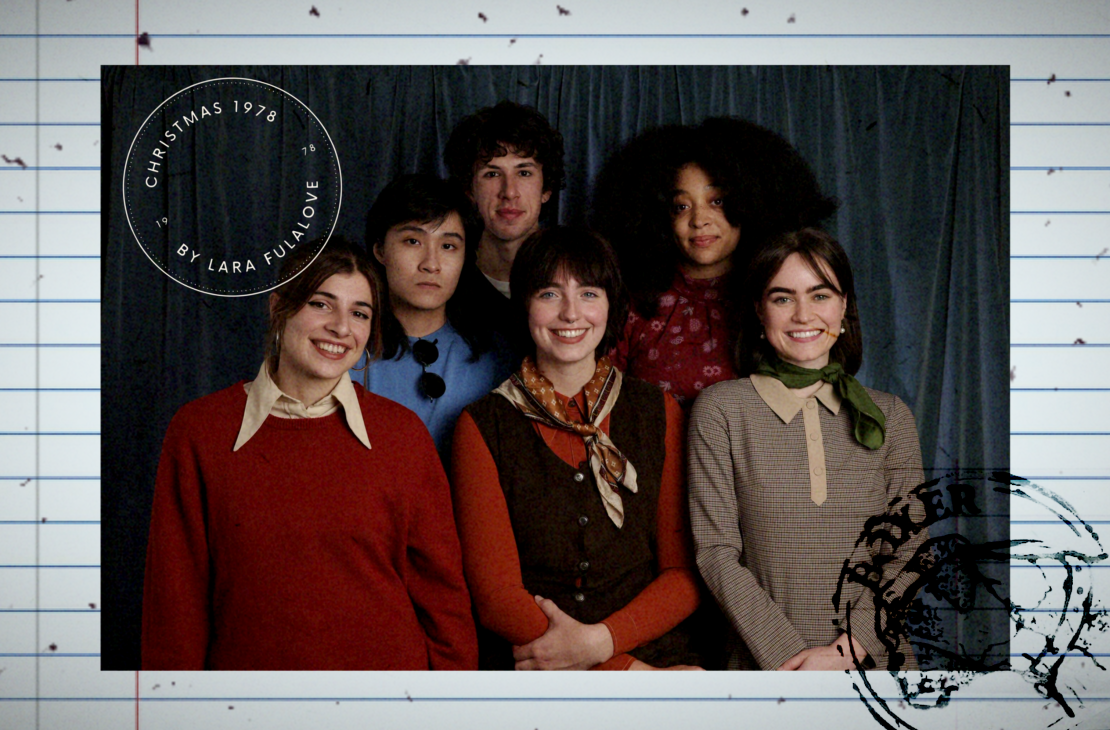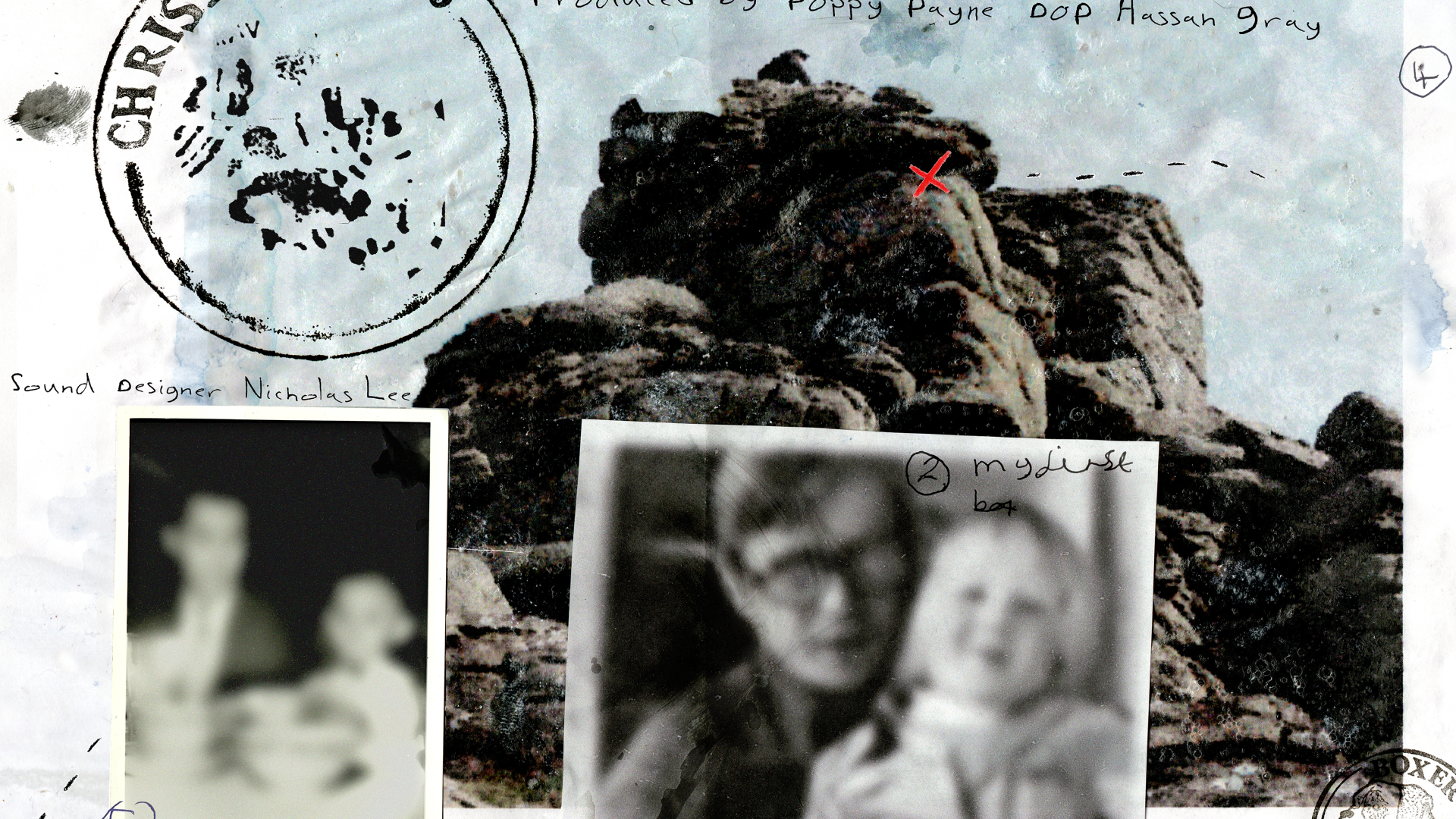
Christmas, 1978
Set in 1970s rural Devon, 'Christmas, 1978' is a short film that delves into the nuanced relationship between a father and son within a heavily catholic working-class community in the week leading up to Christmas Day. As Jon’s traditional catholic values clash with his son’s new metropolitan lifestyle, the film becomes an exploration of the paradox of Catholicism and Homosexuality.
Project
Christmas, 1978
Explore the beautiful, melancholic, and nostalgic world of "Christmas, 1978" just below and meet our wonderful crew.
We hope you enjoy it and help us bring this film to life!
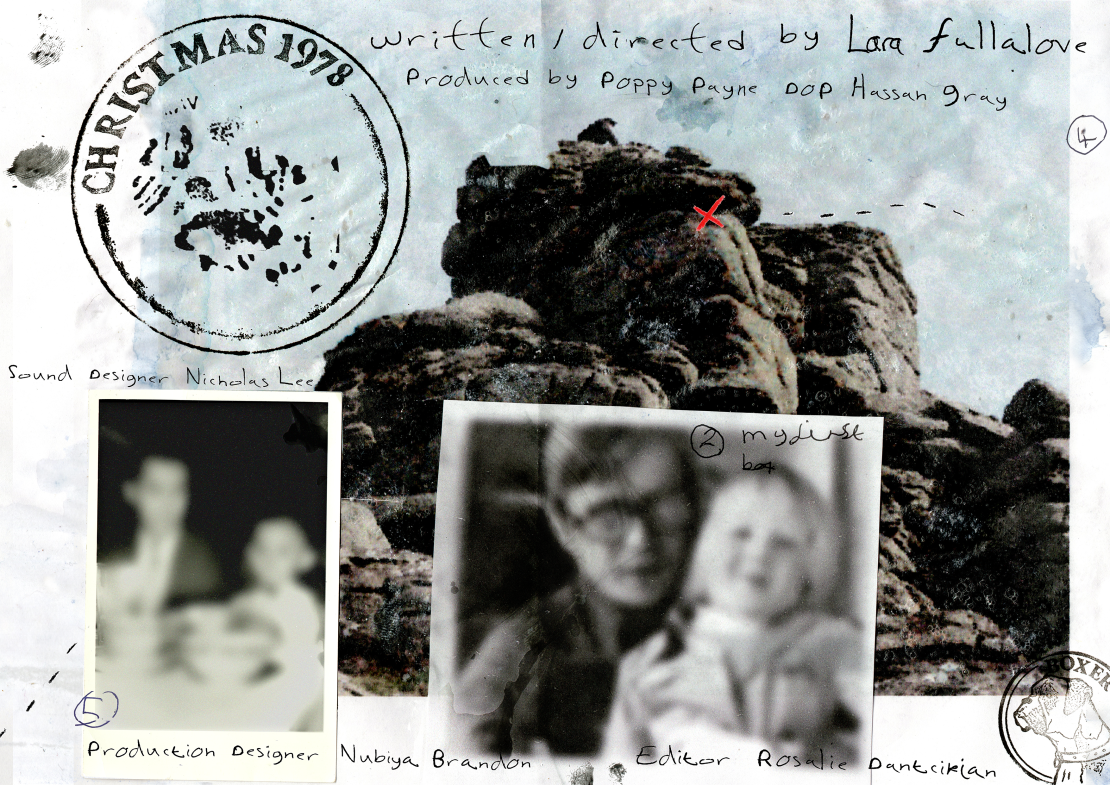

Devon, 1978. A father’s relationship with his son is strained in a heavily catholic, working-class community in the week leading up to Christmas Day.

'Christmas, 1978' centralises on Jon- a hard-working, stoic, and traditionalist father- and Noah, his 18-year-old son, as they both navigate the societal and political turmoil of 1970s Britain. Noah’s open yet hushed queer sexuality means he cannot flourish in the same world his father did, which is something Jon struggles to understand, as much as he tries. As Jon pushes Noah to join him in the village’s garage working as a mechanic, Noah, embracing his new adulthood, tires of his small-town life and is intent on leaving home and starting a life in the city with his boyfriend David. Jon loves his son, but the oppression of the community, and attitudes towards sexuality and religion mean he feels stuck in emotional turmoil. Dartmoor is the only place where we see their relationship flourish through their shared love of Letterboxing – an local, outdoor hobby combining elements of orienteering and puzzle solving – and the space serves as an interlude from the strict social confines of their small village. However, the confines of society pervade back into their lives, and the film becomes an exploration of connection and dissonance in the paradox of Catholicism and homosexuality.

Lara Fullalove
Writer/Director
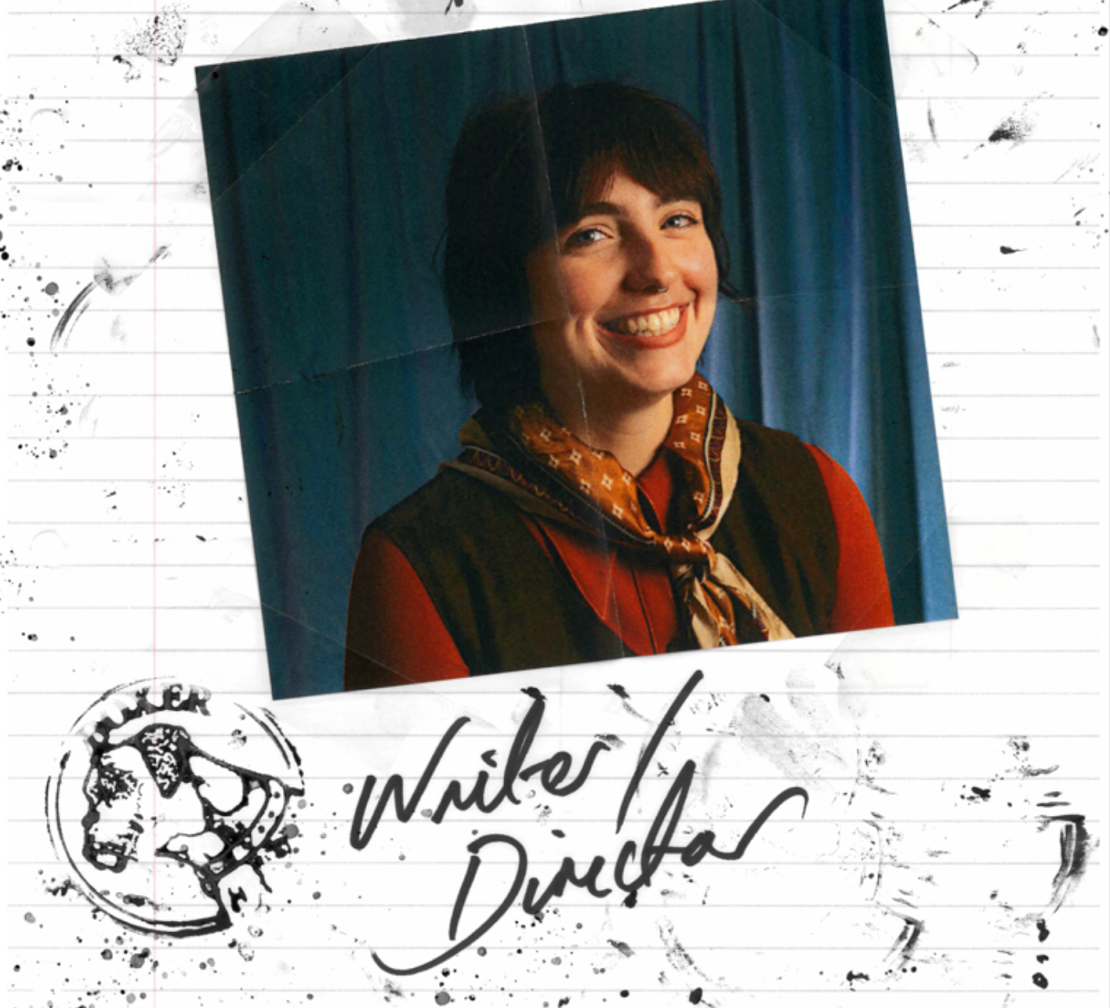
Growing up in Devon was a beautiful experience for me as a young child. I have fond memories of spending hours with my family on the Moors, Letterboxing, searching for clues to find little boxes of treasure. This film is almost an exploration of this time but is undercut with themes of working-classness, religion, and queerness which muddy the waters of a somewhat idyllic world. Christmas, 1978 conveys the interrelationships of family amid larger forces and will serve as a puzzle of memories, a father who tries desperately to give his son what he thinks he needs out of love. Having watched many LGBTQ+ films and content, I am uninterested in relaying the classic queer narrative of a martyr character who is plagued by his sexuality. Instead, I wish to portray this narrative from a different angle, the viewpoint of a father who is wrapped up in tradition, but loves his son and wishes to connect with him. I think this refreshing take on queer cinema, with a social realist lens, will create an authentic, raw depiction of working classness in 70s Britain.
Poppy Payne
Producer
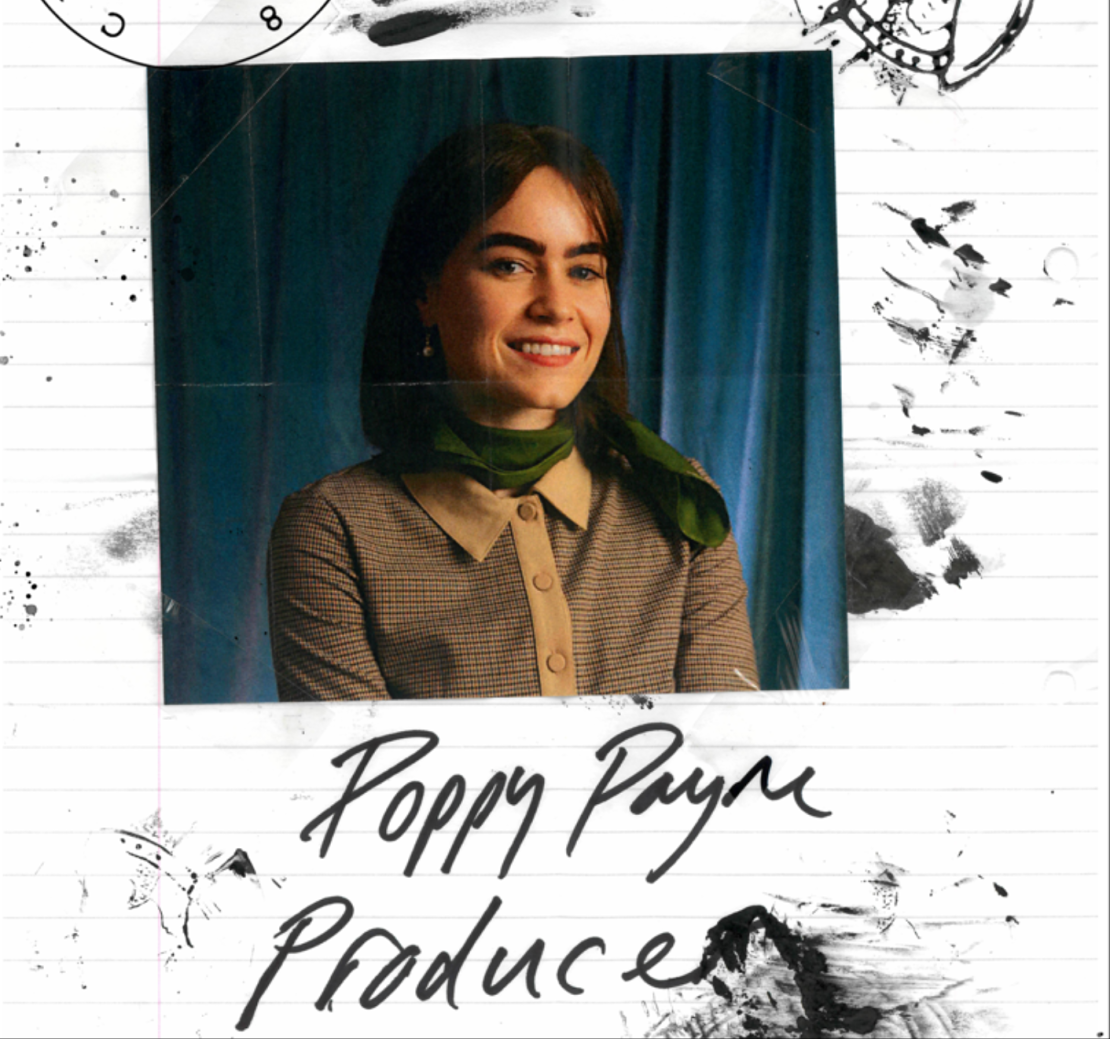
As a young person from Devon myself, I feel that this film offers not only a delicate and intimate examination of queer presence in the 70s, but it also explores the nuances of coming of age in a small rural environment - with all its charms and challenges. The Moors, in particular, hold such a deep-rooted significance for all of us who live here, and to frame our narrative within this cinematic landscape would be a beautiful tribute to home. Whilst we have made immense progress for queer rights since the 70s, it is still crucial for us to reflect on those thousands of untold queer experiences that have yet to be recognised and appreciated. Christmas, 1978 does not break any molds or push the boundaries of societal taboos; instead, it tells the quiet journey of a family navigating their identities in a period of change and growth – and for that, I think, it resonates the strongest for us all.
Hassan Gray
Cinematographer
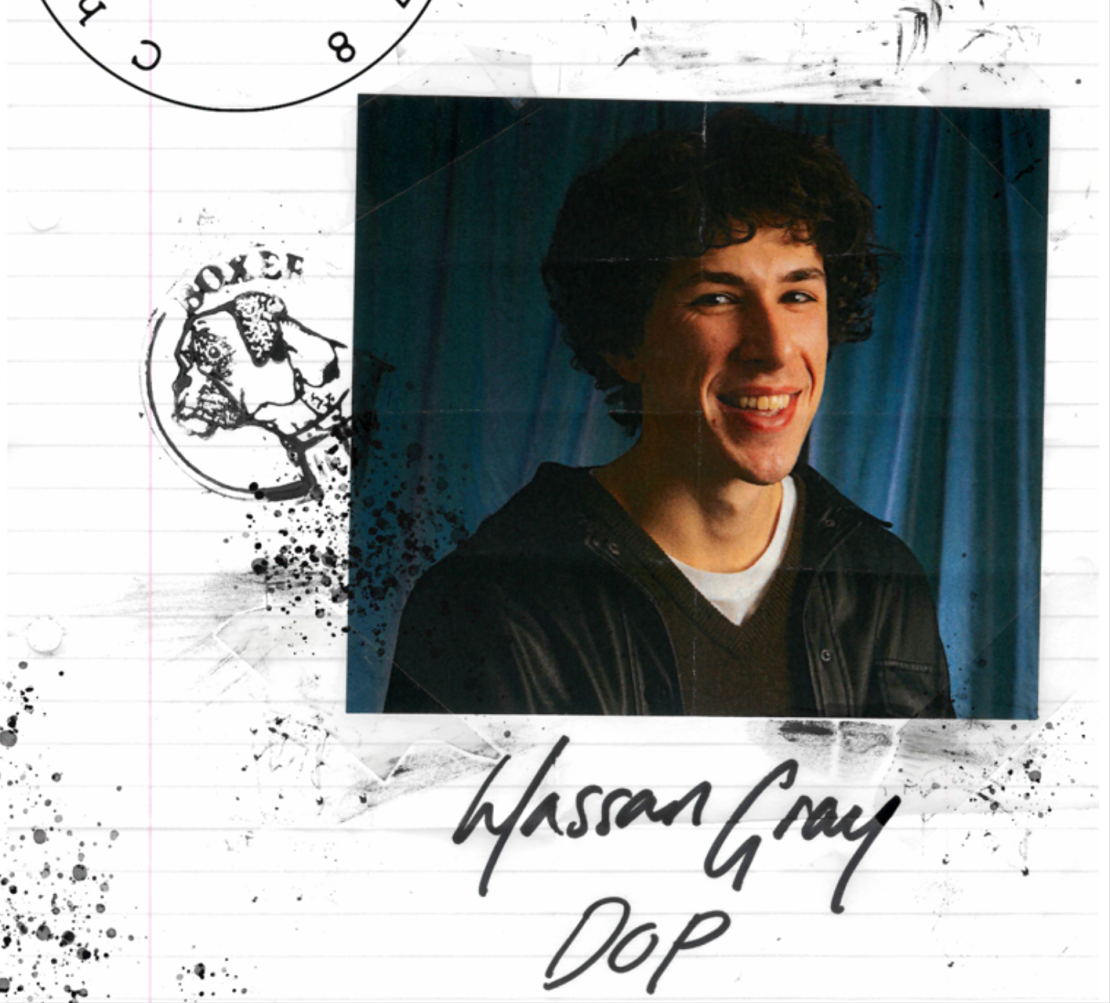
I am extremely excited to be working on an ambitious project like this that will cover some very strong and important themes within a working-class religious community in Britain during the 1970s. Due to the sensitive and realistic nature of the plot for ‘Christmas, 1978’, I plan to photograph this film in a naturalistic manner to enhance the realism and authenticity of the story. There are two filming styles that I plan to apply when shooting our short film, that which is inspired by the minimalistic cinematography of Chris Menges on his films with Ken Loach and also, the handheld cinematography of Robbie Ryan, particularly on his films with Andrea Arnold. These two cinematographers favour naturalism and honesty within their photography and in my opinion have both managed to successfully execute and showcase, with great delicacy, their authentic worlds via poetic image and powerful symbolism. Studying their work acts as beneficial insight to me and a great inspiration for our film. I aim to apply the same amount of care and consideration with my camera techniques and composition in order to create a compelling and meaningful story that will leave a holding impression on the audience.
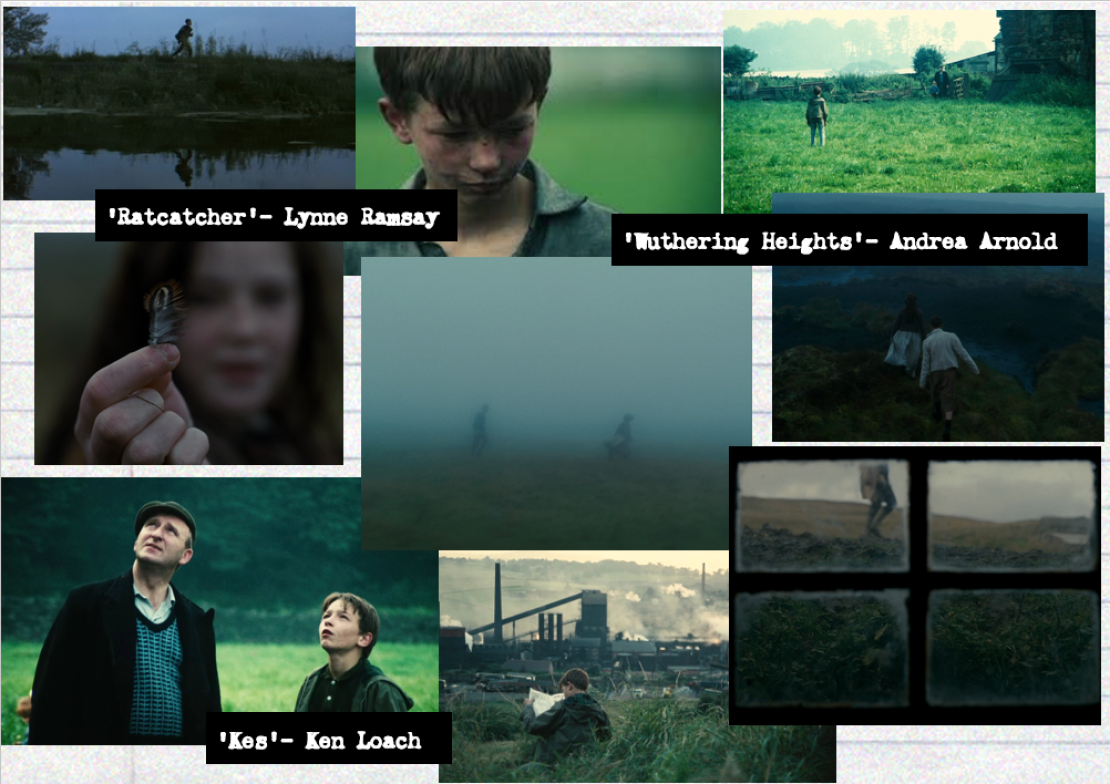
Nubiya Brandon
Production Designer
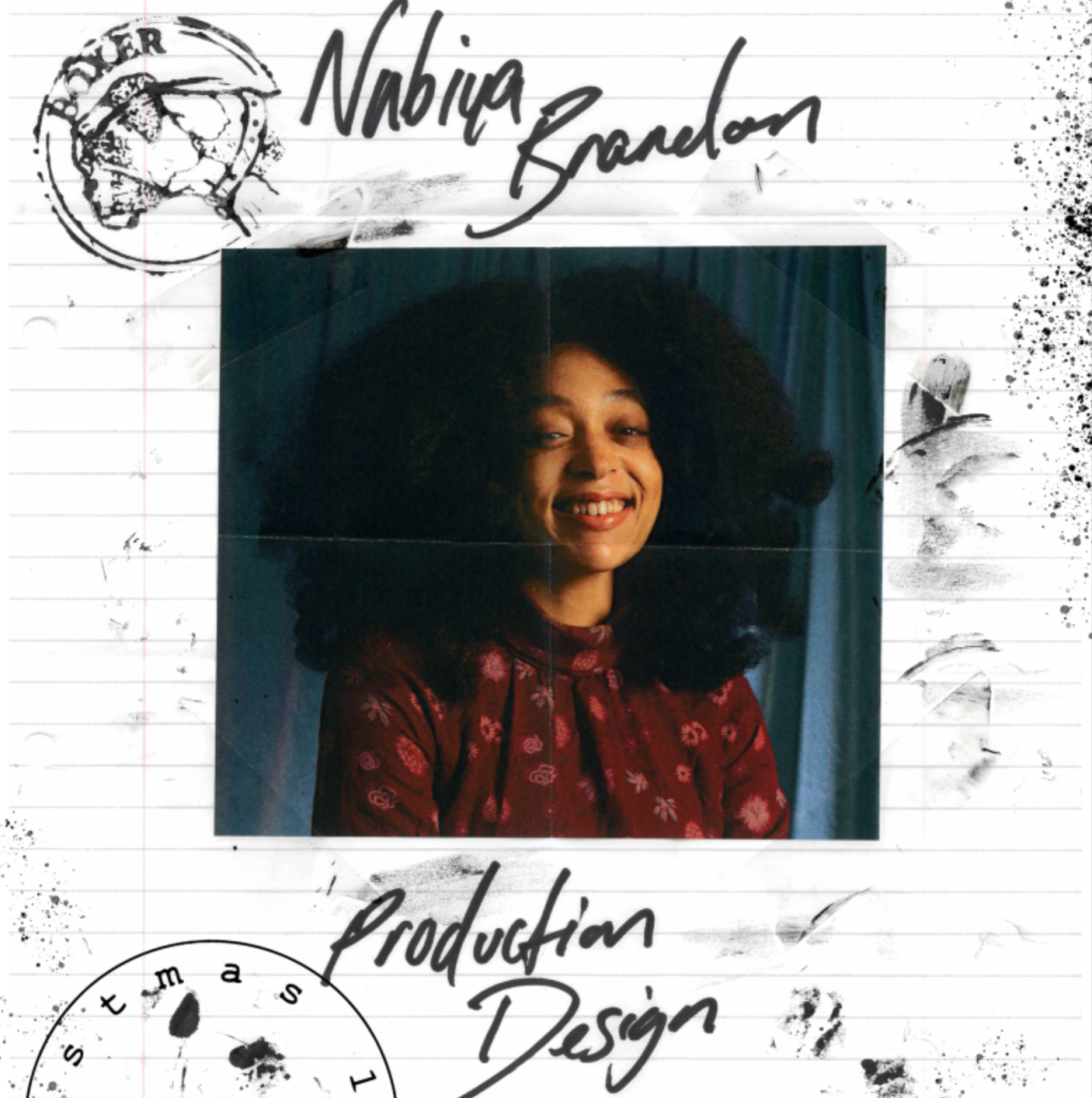
The 1970s hold a metropolis of growing idealisms in culture, especially within the working class, for this project I will be merging Lara’s and my own nostalgic representation of England, and our shared philosophies centred in our broken, rose-tinted view of the country. Christmas, 1978 is in my view defined by British realism cinema, and it will be my goal to mirror this stylistically by curating an honest depiction of the traditions and changes contained in our film’s world. I'll be looking at the work of Daniel Meadows, Don McCullin and Sirkka-Liisa Konttinen and their ability to capture the world of mid-century working-class Britian in a photograph. When we look at photographs that preserve a place in time, the texture, colour of the image and environment that are contained within the image defines the time itself. I hope to create a world where the audience’s gaze can be led in this same manner. Taking influence from films such as Bait, Scum and Kes, as well as costume architecture which has inspired my wardrobe as a musician, I hope to design our set to reflect the poetry hidden within our English grit.
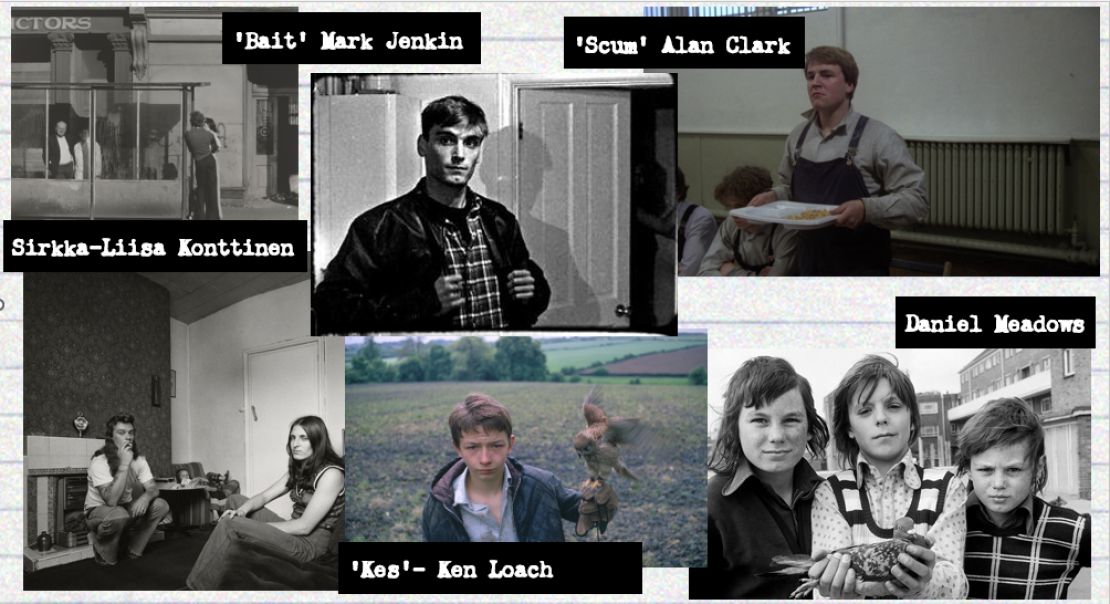
Rosalie Dantcikian
Editor
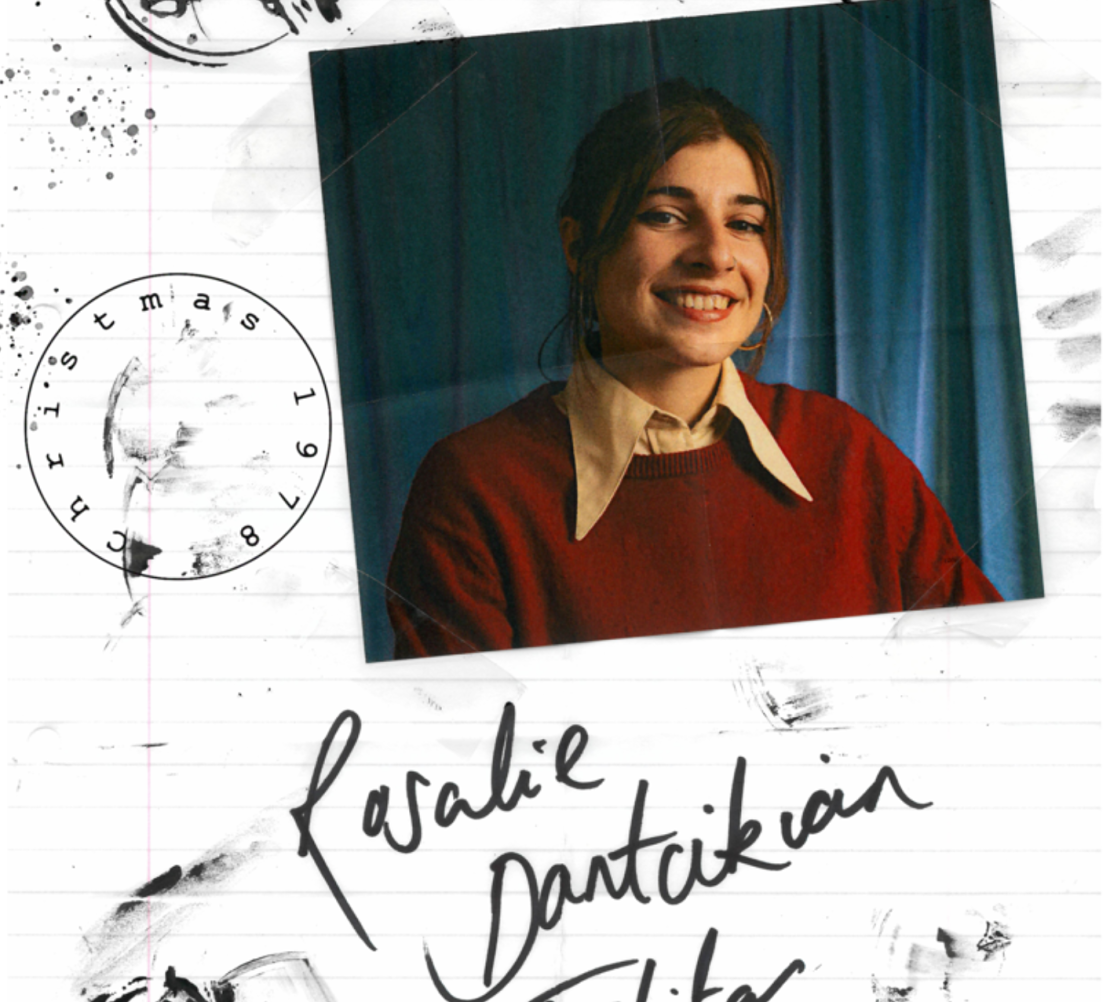
This film is all about the intricacies of a father and son’s relationship in a time period when customs, traditions, and religion are omnipresent in society, which is something that I am very interested in exploring. In our story, there is one place where this sense of tradition doesn’t exist; the Moors. These scenes where father and son are together in a vast and idyllic landscape need to be almost dreamlike, a place where they can connect away from the pressures of society. Through my editing approach, I will show this juxtaposition between the locations within the script by harnessing pace. The Moors will be much faster sequences, while what happens in the village will be slower, longer; making time feel heavier. Moreover, I am keen to use motifs throughout the whole film as well. I'm working closely with the sound department to identify what motifs are present and how they relate to the themes of the piece. These motifs will hopefully convey a sense of memory and time, almost giving these impressions of déjà vu, whilst also being able to emphasize the small details of the narrative.
Nicholas Lee
Sound Recordist/Designer
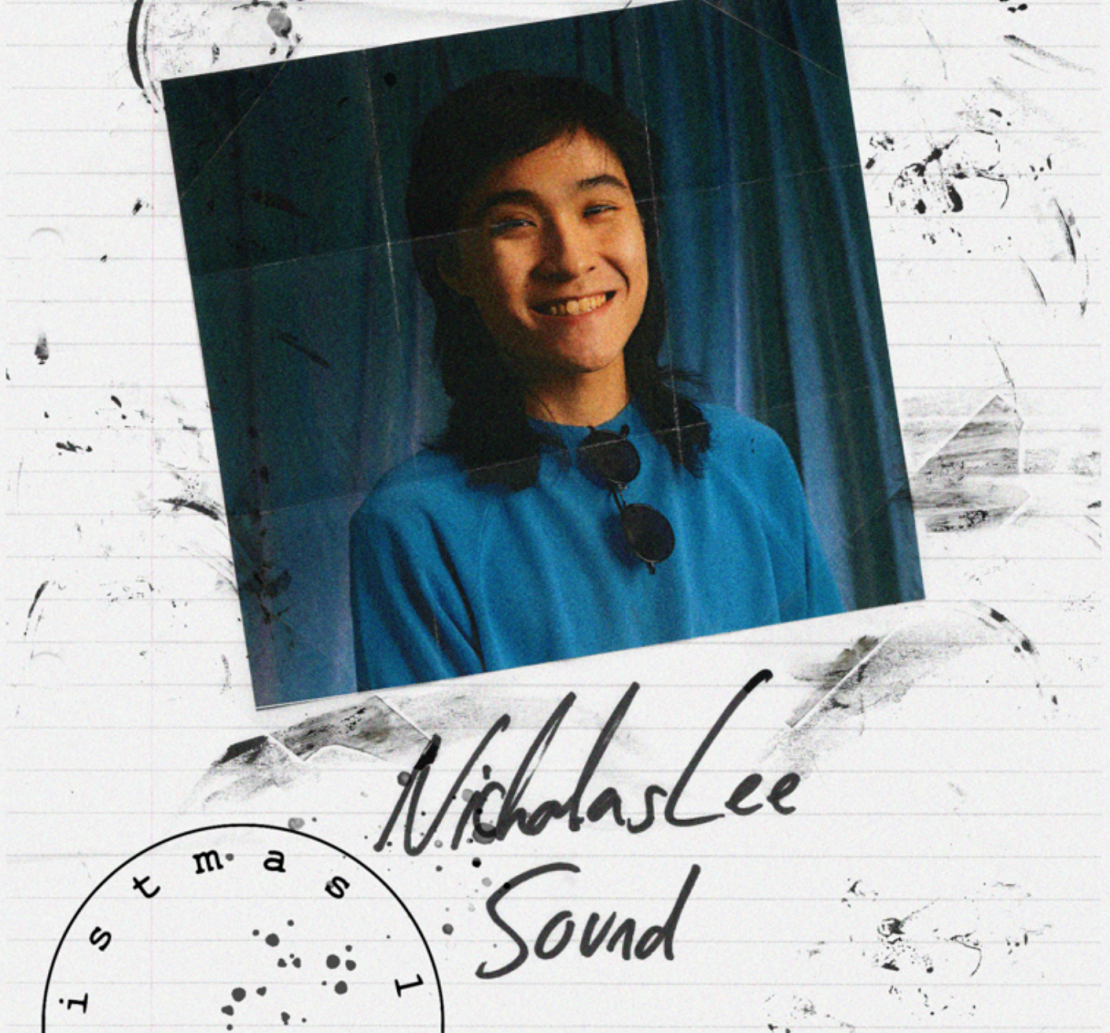
The exploration of Jon's inner world and the emotional turmoil he suffers from is imperative to the sound design of this film and is the reason why I was so drawn to this project. The juxtaposition of sound in the two distinct settings of the Moors and the village will help encapsulate this space with which Jon feels helplessly stuck. For the scenes in nature, I am keen to create a peaceful and immersive environment by having the sound envelop the scene, wild tracks of harsh whipping wind reflecting the ability of nature to rid their relationship of hardship; a place far from chaos both physically and mentally. The town is the place pulling back to reality, where conflicts and struggles happen. Here I would like to implement the motif of choir hymns, the presence of religion always pulling us back to the reality of oppression and turmoil. Overall, the scope for tactile, mesmeric, and emotive sound in the film is exciting for me and will allow the audience to be transported to another time.

As we are students based in London, organising crew and transport to Devon will require strict organisational attention. With this in mind, a significant portion of the budget will be dedicated to transport costs and providing accommodation for our actors. Furthermore, as this film is set in the 1970s, a large aspect of the budget will also be dedicated to aiding the production and costume design to create a historically accurate presentation of the time period. The production design of this film will have a huge impact on its reception and so we are raising money to realise this as well as we can. Please see below our visual breakdown of our budget as percentages.
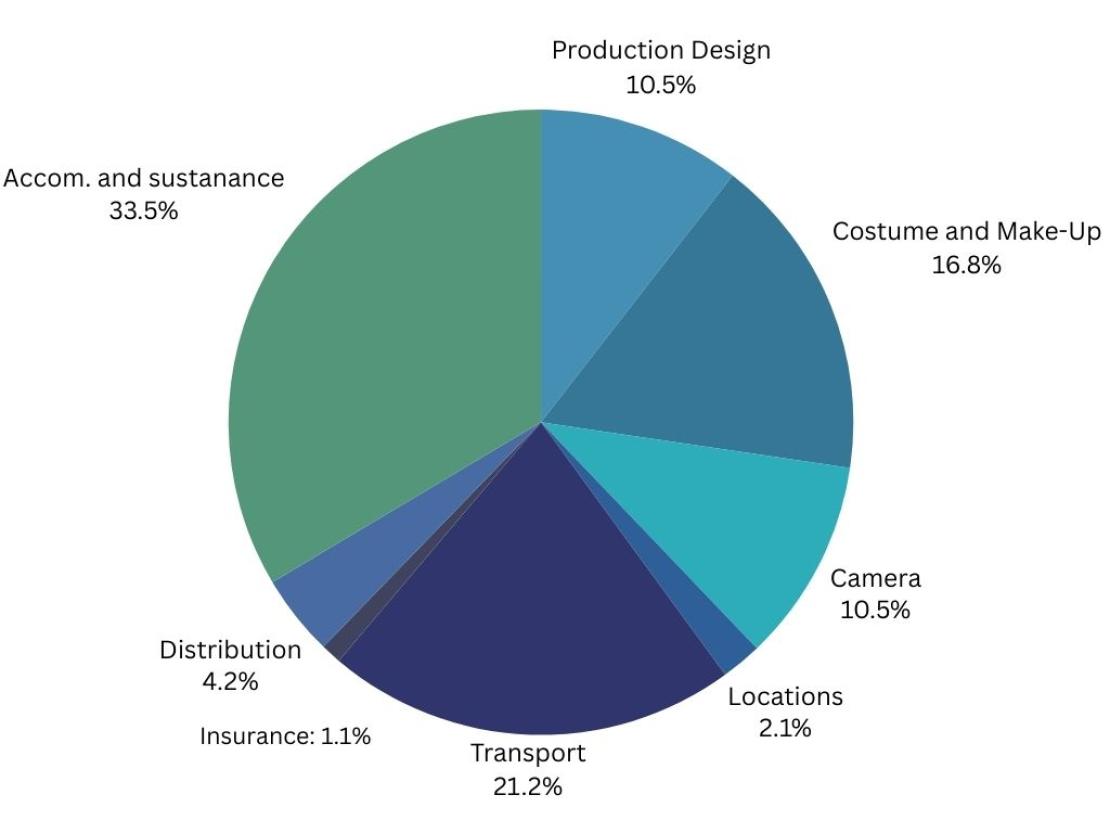

We really hope you can donate and help us create this meaningful project with us.
-The "Christmas, 1978" crew.
